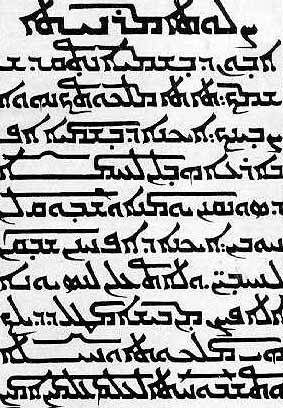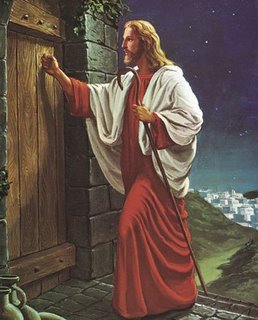The Sabbath and God's People

What is the big deal about the Sabbath? It seems that so many christians are confused about when the Sabbath is and why we have it. Was the original Sabbath God set forth for Israel done away with in Christ? Does there remain a Sabbath for us today? Is the Sabbath Sunday? These are all questions people ask when it comes to the Sabbath.
"Well, can't I take a day of rest any day of the week..." The Lord said in the beginning (Genesis 2), "By the seventh day God had finished the work he had been doing; so on the seventh day he rested from all his work. And God blessed the seventh day and made it holy, because on it he rested from all the work of creating that He had done." The original hebrew word for 'rest' is shabath (shaw-bath) meaning to cease, desist, to sit down, to sit still, to desist from doing anything. If you want to read more about the hebrew word click on the link. The Lord rested on the seventh day and called it holy. Fast forward to Exodus 20. Moses, is on Mount Sinai with the Lord while he is giving Moses the Ten Commandments. What is the fourth commandment? "Remember the Sabbath day by keeping it holy. Six days you shall labor and do all you work, but the seventh day is a Sabbath to the Lord your God. On it you shall not do any work neither you, nor your son or daughter, nor your manservant or maidservant, nor your animals, nor the alien within your gates..." If the law was done away with, why do we still have the Ten Commandments?
Fast forward again to Exodus 31:12, 13. The Lord tells Moses to command the Israelites to observe the Lord's Sabbaths. He said it will be a sign between me and you for the generations to come, so you may know that I am the Lord, who makes you holy. What does the word holy mean? First of all, there are eight different hebrew words for "holy" in the Old Testament. The word used here in Exodus 31:13 is 'qadash' (kaw-dash) meaning to consecrate, sanctify, prepare, dedicate, be hallowed, be holy, be sanctified, be separate. Very interesting. That means that in the beginning (remember Genesis 2) that God separated, prepared, and sanctified a day in advance for us. Now he says to the Israelites, keep this day because it will be sign and I am the Lord who makes you 'holy'. The Sabbath was not just given as another rule to obey or another commandment we can twist into what best fits our schedule. The Sabbath was given as a test of faithfulness. It was given to prepare, set apart, sanctify, and dedicate God's people to him.
In Hebrews 4, the writer is speaking of the the promise God made to his people, Israel. Read verse 1. It says that the promise still stands. However, verse 9 is what I want to point out to you. He says, "There remains, then, a Sabbath-rest for the people of God; for anyone who enters God's rest also rests from his own work, just as God did from his." The seventh day is God's day of rest and He gave us the seventh so that we can rest with him. I'm not going into whether it's Saturday or Sunday, I merely wanted to point out that Scripture both Old and New Testaments say that there is a Sabbath for the people of God. Jesus himself is the goal of all that is written. When we are obedient to the Lord's commandments, we are obedient to Christ. He gives us the power to obey what has been commanded through his death on the cross and resurrection. Without Christ, our attempts to honour Torah are futile but in Christ they are blessed and bring life.









